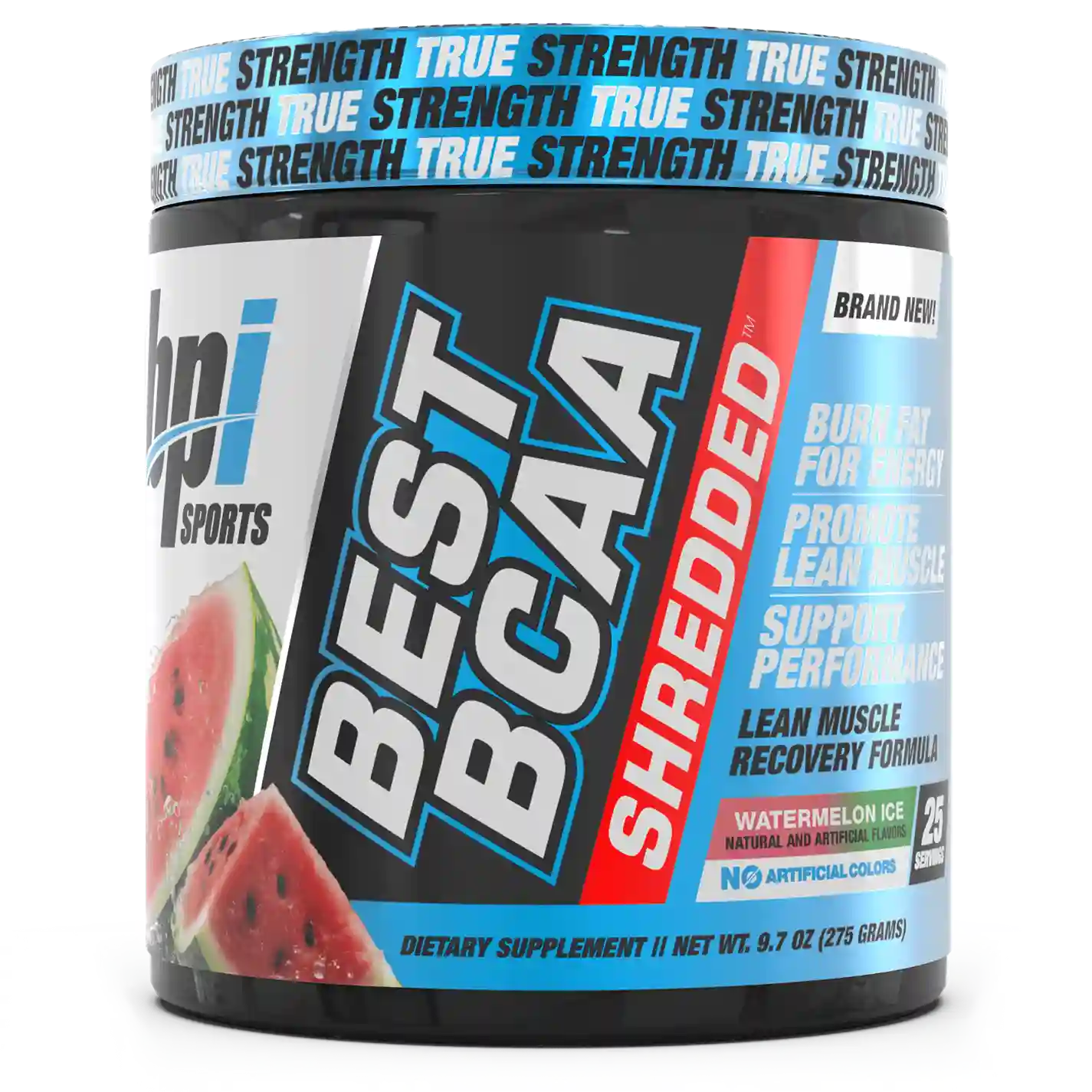If there is one misunderstood product in the world of supplements, it would have to be the classic “diet pill”. Perhaps it is the decades of marketing or perhaps it is consumers desire for a magic-bullet but for whatever reason, people seem to blindly expect dazzling results from their fat burners.
Look, supplements are tools. Just like a hammer will make it a lot easier to build a house, the right supplements can make it easier to lose weight. With New Year’s Resolutions fresh in everyone’s minds, people across the globe will be grabbing diet pills getting ready to shed that winter weight. In my opinion, if you’re not engaging in regular exercise and (at a minimum) trying to keep an eye on what you eat, diet pills will not help you get the body you desire. On the other hand, if you’ve got your bases covered even at a basic level, like you’ve cut out fast-food, joined the gym or started some cardio, then layering in a diet product is a good option. Here are just a few of the questions that I get asked on a regular basis, especially during this time of year: “What should I expect from these pills?” What is in them? Are they dangerous? How do they work?
Fortunately for us, science has been studying weight loss for a long time and there is a lot of solid data around a host of herbs, amino acids, and vitamins that may aid in metabolism support and appetite control. Some of the most trusted and effective ingredients like caffeine, B vitamins, CLA, carnitine, BHBs, MCTs, and fiber are all available to consumers, and in many different forms.
Stim vs. Non-Stim Fat Burners - Know The Difference
Like most consumers, when I look at this product category, I see two types of products: “stims” and “non-stims”. This is an important thing to note and understand. This classification usually revolves around the amount of caffeine (or a similar chemical ingredient) in a supplement or fat burner. Caffeine is known for helping people feel more energetic, so caffeine is known as a “stimulant”. Any other ingredient that is not caffeine or that provides energy is typically referred to as a “non-stimulant”; so this is why you have “stimulated” fat burners and “non-stimulated” fat burners.
The benefit of boosting energy levels is the fact that energy can help raise your metabolism, meaning that you may burn more calories throughout the day. This extra boost in energy can also aid in getting you through the day and give you the energy you need to keep your exercise regimen going, especially when you are eating less calories or following a low-carb diet. Caffeine and other stimulants are generally regarded as safe at moderate doses, but I do recommend being cognizant of your total daily caffeine intake. For instance, if you are using a diet and weight loss pill, then you shouldn’t drink coffee in conjunction with it. Basically, just follow the directions on the product and consult a doctor if you have any specific concerns.
Aside from boosting the metabolic calorie-burn rate for the day via an energy component, many products, and supplements available are designed to help people reduce body fat. There are countless studies on ingredients that either:
- Reduce the body’s likeliness to store calories as fat, or
- Increase the body’s likeliness to use stored fat for energy
There are also ingredients that have been demonstrated to help with appetite control and support. Some ingredients and weight loss products may help people feel less hungry, which makes dieting easier.
In addition to caffeine, here are my three personal favorite diet aids are:
CLA and Carnitine
Conjugated linoleic acid (CLA) and carnitine (an amino acid) are two of the most popular ingredients that have been clinically shown to help with weight management. CLA and carnitine work synergistically to help the body convert fat cells into energy. Unlike other “fat burners”, CLA and carnitine contain no stimulants; therefore, these ingredients can be taken at any time of day. Pair CLA + Carnitine with another fat burner to enhance fat burning effects.
Fiber
There are many different types and sources of fiber readily available. Sometimes you can find fiber in diet pills or weight loss powders and sometimes you do not. Fiber is not always included in supplements due to the volume that needs to be consumed to feel/see results. Often described as “super foods”, there are three specific fiber sources that I personally use when dieting. They are flaxseeds, chia seeds, and glucomannan. In my diet strategy, I look to these fibers to help me to feel less hungry, but there is also additional research that suggests fiber can help you so many other ways too.
MCTs and Healthy Fats
Medium chain triglycerides are known to support sustained energy, focus, and weight loss as part of a low-carb diet. This is a particularly popular ingredient with ketogenic (a.k.a. keto) dieters who often supplement MCTs, along with BHB Salts (Beta-Hydroxybutyrate), to achieve a state of “ketosis”. Ketosis is defined by WEBMD as, “a process that happens when your body doesn't have enough carbohydrates to burn for energy. Instead, it burns fat…”.
In short, there has been a lot of research over decades of time to find supplements to help people lose weight and/or maintain a healthy body composition. In my experience, exercise and proper diet are the two greatest tools available to build the body you want – and as the final component to the proper diet, supplements and diet pills also play a critical role. I hope this blog helps the decision-making process as people worldwide put plans in place to make their New Year’s Resolutions a reality.
- CEO Chris Mackenzie


